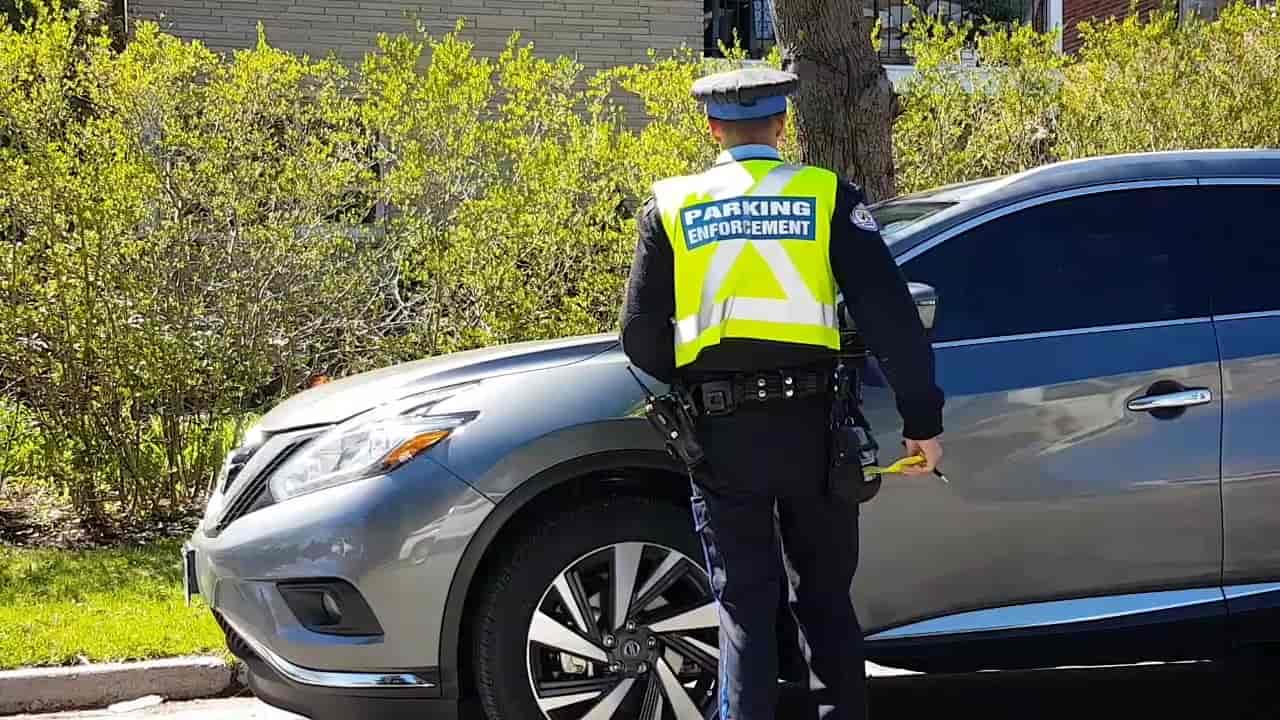Improving Parking Enforcement Efficiency With Technology
Gone are the days of handwritten parking tickets and a manual enforcement of law and order. With smart parking technology fast catching up, the life of a parking enforcement officer is expected to become easier. It is clear that modern cities need parking enforcement efficiency solution that is also convenient for the officers, parking lot operators, and motorists. Smart parking apps are poised to fill this gap in current parking enforcement.

Challenges in parking enforcement
Today, there are more vehicles on the road that is possible to manually regulate. And the quest for the parking spot only becomes more frustrating with time. When it comes to traditional enforcement methods, they are not just expensive but also need a great degree of human intervention. Without a technology-enabled enforcement system to easily identify vehicles, enforcement officers have to physically check them and write a parking citation. It is evident how this imposes a high manpower cost on city administrations. Even with electronic tickets, there still aren’t wireless devices with access to real-time data to issue them. The result is inefficient citing of parking violations due to the time-consuming nature of manual enforcement.
Smart parking for parking enforcement
Parking enforcement technology will evolve with smart parking solutions, offering greater flexibility and efficiency in enforcement. Such solutions – featuring a cloud-based platform fully integrated into a product platform with a common backend to manage the entire portfolio – are evidently an improvement over manual enforcement. By allowing officers to deal with a single vendor for smart parking meters, permit management, citations processing, and enforcement, smart parking improves efficiency in the entire process. Also, convenient payment options increase the collection of fines and the easy resolution of citations. Moreover, the rich data such a system generates paves the way for improved decision making, greater operational insight, and greater transparency.
Technology results in parking enforcement efficiency
Using a camera-based system to scan license plates, enforcement officers can spot offenders and check for permits. Even though officers might still need to issue tickets, they wouldn’t need to check license plates and calculate fines. Thus, a smart parking system will improve efficiency, reduce ticketing mistakes, and improve enforcement by quickly identifying violators.
With technology-guided capabilities, officers can instantly locate violators on their mobile enforcement device, thus saving time spent physically patrolling. By marking the license plates associated with violations, officers can quickly auto-populate information to issue a ticket. Citations can also be synced in real-time, allowing for timely access to citation information by city administrations. Because such a smart parking system is hosted on a secure cloud environment, no installation is required. Cities would also experience the benefit of reduced data entry costs with electronic recording.
Final words
Once technology finds its way into parking enforcement solutions, we will see improved efficiencies in time and resources. While issuing citations is not a pleasant customer experience, smart parking technologies can certainly help urban areas decrease operating costs, maximize efficiency, and increase the likelihood of payment by providing convenient payment options. When parking regulations are effectively enforced and followed, the benefits would be twofold. Technology will offer a sense of safety to motorists and an effective system to enforcement officials, a win-win for both parties.

